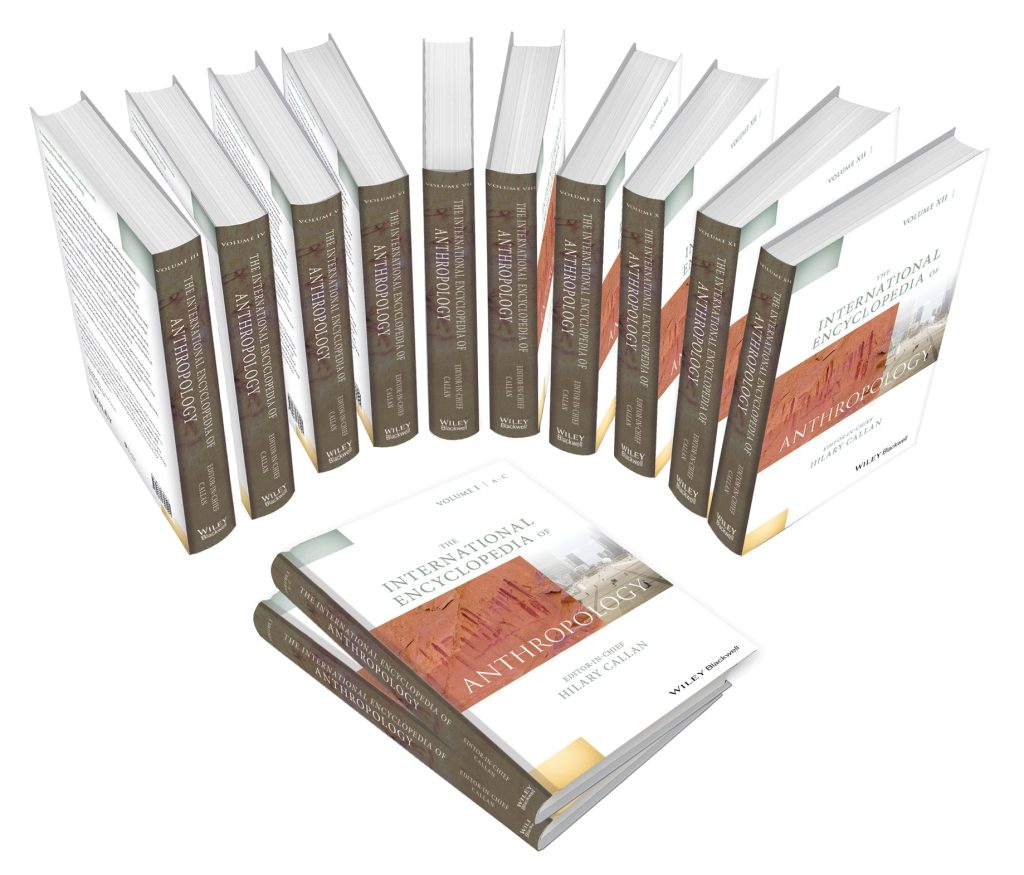von Philipp Budka in “Die Presse”, Print-Ausgabe, 30.01.2011
Online: die Presse.com
„Social Media“ wie Facebook gelten als neuer Zunder der Revolution. Interaktive und vernetzte Medien sind aber schon lang wichtige Werkzeuge sozialpolitischer Bewegungen.
Die Bedeutung von neuen Informations- und Kommunikationstechnologien für die sozialpolitischen Umbrüche in Tunesien sowie die Proteste in Ägypten wurden und werden sowohl in der österreichischen als auch in der internationalen Medienlandschaft intensiv diskutiert. Kaum ein Beitrag, der „sozialen“ Medien wie Facebook oder Twitter nicht wesentlichen Anteil an der „Revolution“ in Tunesien oder den Protesten in Ägypten einräumt.
Bei allem Respekt vor Journalistinnen und Journalisten, die mittels Handy und Twitter direkt aus Krisenregionen und an staatlich kontrollierten Massenmedien vorbei berichten, vor einem Künstler, der sich musikalisch via YouTube gegen ein autokratisches System stellt, und vor einem Piloten, der sich weigert, Mitglieder des unterdrückenden Regimes außer Landes zu fliegen und dafür zu Recht auf Facebook gefeiert wird: Nicht vergessen sollten wir etwa bei der tunesischen „Revolution“, dass dieser politische Umbruch auf der Straße herbeigeführt und entschieden wurde.
Digitale, interaktive und vernetzte Alternativmedien waren schon lange vor den sogenannten „Social Media“ wichtige Werkzeuge von sozialpolitischen Bewegungen. Prominentes Beispiel ist der Aufstand der Zapatistas in Mexiko, der 1994 mittels Newsgroups, Mailing-Listen und Webseiten eine internationale Gegenöffentlichkeit erzeugte. Diese wiederum war bemüht, Druck auf die mexikanische Regierung auszuüben, um der indigenen Bevölkerung endlich Menschen- und Landrechte zuzugestehen. Rückblickend war es aber vor allem die geschlossen auftretende mexikanische Zivilbevölkerung, die durch landesweite Märsche, Demonstrationen und Petitionen maßgeblich zur Unterstützung der unterdrückten Indigenen Mexikos beitrug.
Neue soziale Online-Medien wurden dann beispielsweise 2009 im Zug der Wahlen im Iran verwendet, um auf staatliche Unterdrückung und gewalttätige Übergriffe auf Regierungskritiker international aufmerksam zu machen. Aber auch hier war es der sozialpolitische Druck der Straße, der dem iranischen Regime ernsthafte Probleme bereitete. Internettechnologien wie Twitter, YouTube oder Facebook konnten solange als alternative Kommunikations- und Informationsmittel eingesetzt werden, bis der Staat, vor allem dank europäischer Softwaresysteme, in der Lage war, auch diese Kommunikation zu kontrollieren, zu zensieren und zu unterdrücken. Ähnliches spielt sich nun auch in Ägypten ab.
Digitale Medientechnologien sind wunderbar geeignet, um Bilder, Texte und Augenzeugenberichte eines politischen Umbruchs schnell an eine online vernetzte „Weltöffentlichkeit“ zu vermitteln. Wie die aktuellen Beispiele Tunesien und Ägypten zeigen, finden vor allem mobile Kommunikationstechnologien in zunehmendem Maß für die lokale Protestorganisation Verwendung.
Dennoch – abseits des Hype, auf dem Boden der Tatsachen, sollten zwei Punkte besonders betont werden: Erstens hat nicht die gesamte Weltbevölkerung gleichermaßen Zugang zu digitalen Technologien (einerseits aus finanziell-wirtschaftlichen und infrastrukturellen Gründen, andererseits, weil politische Regimes versuchen, diesen Zugang aktiv zu kontrollieren). Und zweitens sind es auch im Zeitalter von Facebook & Co. die Menschen auf den Straßen, die die entscheidenden Handlungen setzen, um „Revolutionen“ herbeizuführen oder eben nicht.
Philipp Budka
Initiative Teilnehmende Medienbeobachtung
Institut für Kultur- und Sozialanthropologie der Universität Wien
